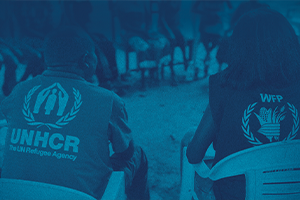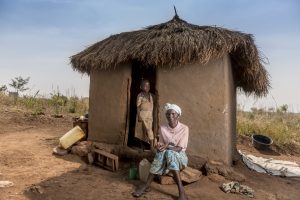News
Latest Publications
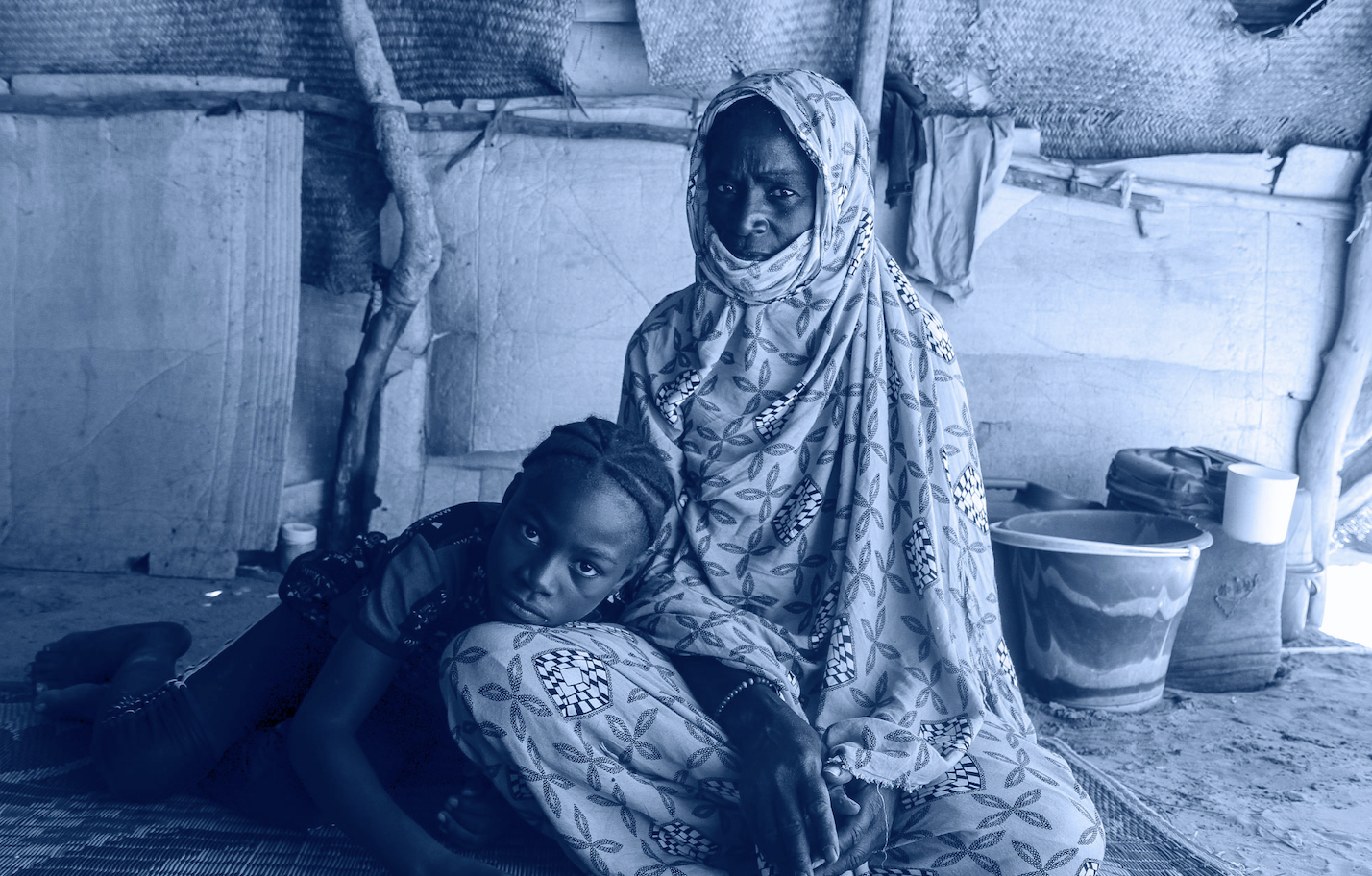
Niger Learning Review 2025
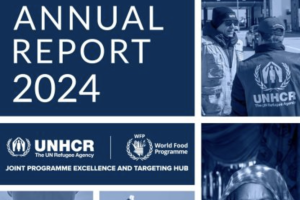
Annual Report 2024

The Joint Hub at HNPW 2025
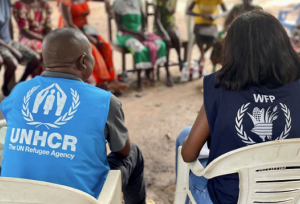
Joint Appeals Processes: Technical Brief

The External Review of the Joint Hub: Results

Unlocking Collaborative Solutions: The Impact of the Joint Hub
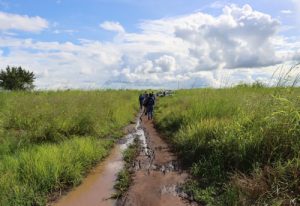
The UNHCR-WFP Call to Action: Partnership for Refugees’ Sustainable Food and Nutrition Security
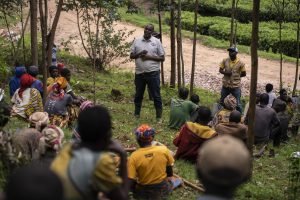
Moving to Needs-Based Assistance for Refugees in Rwanda
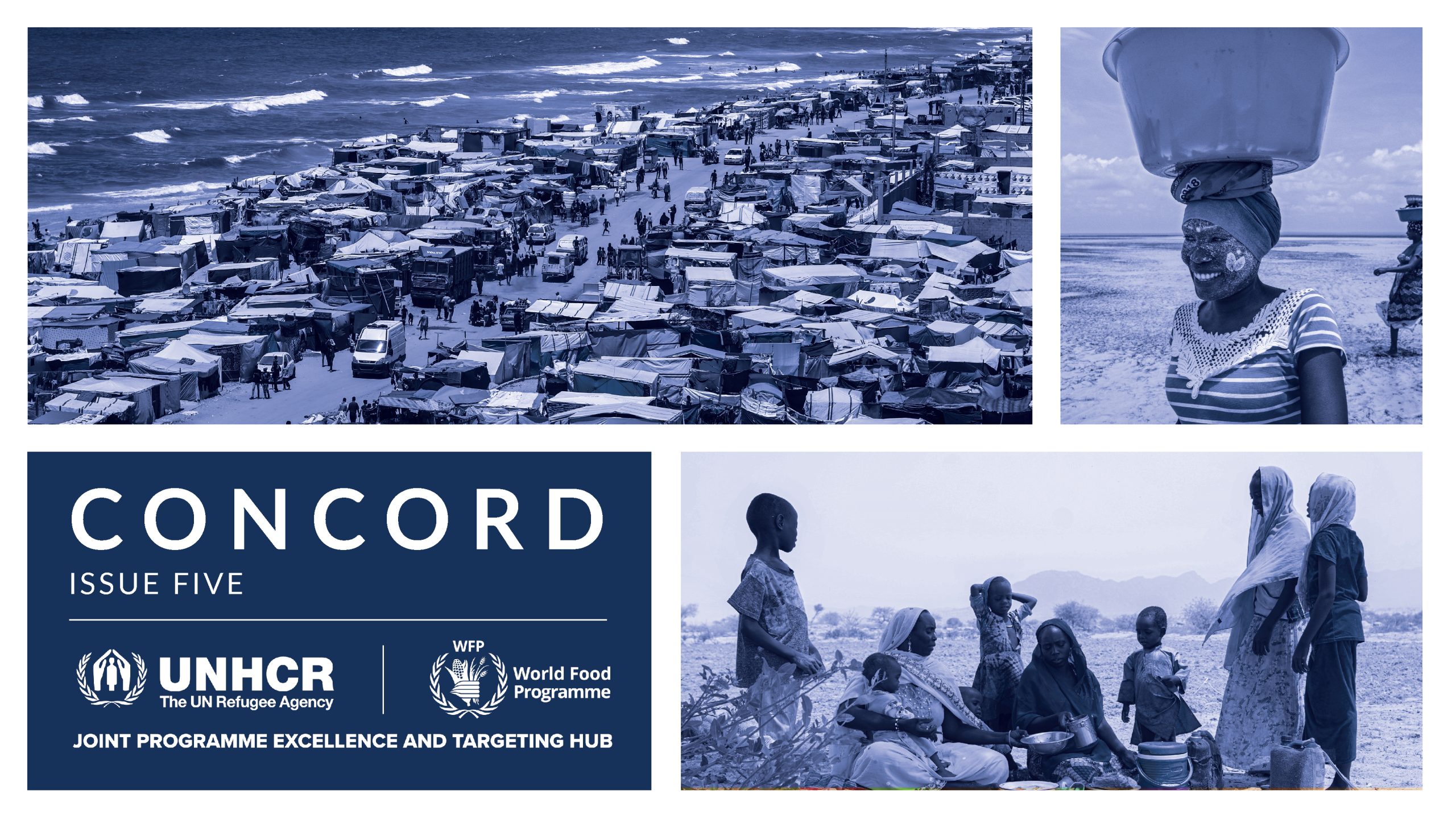
Latest Newsletter
The UNHCR-WFP JOINT HUB NEWSLETTER
With the new year well underway, we’re pleased to bring you the first edition of CONCORD for 2025!
This issue highlights the latest developments from the Joint Hub in Q1—covering operations, publications, events, and more.

